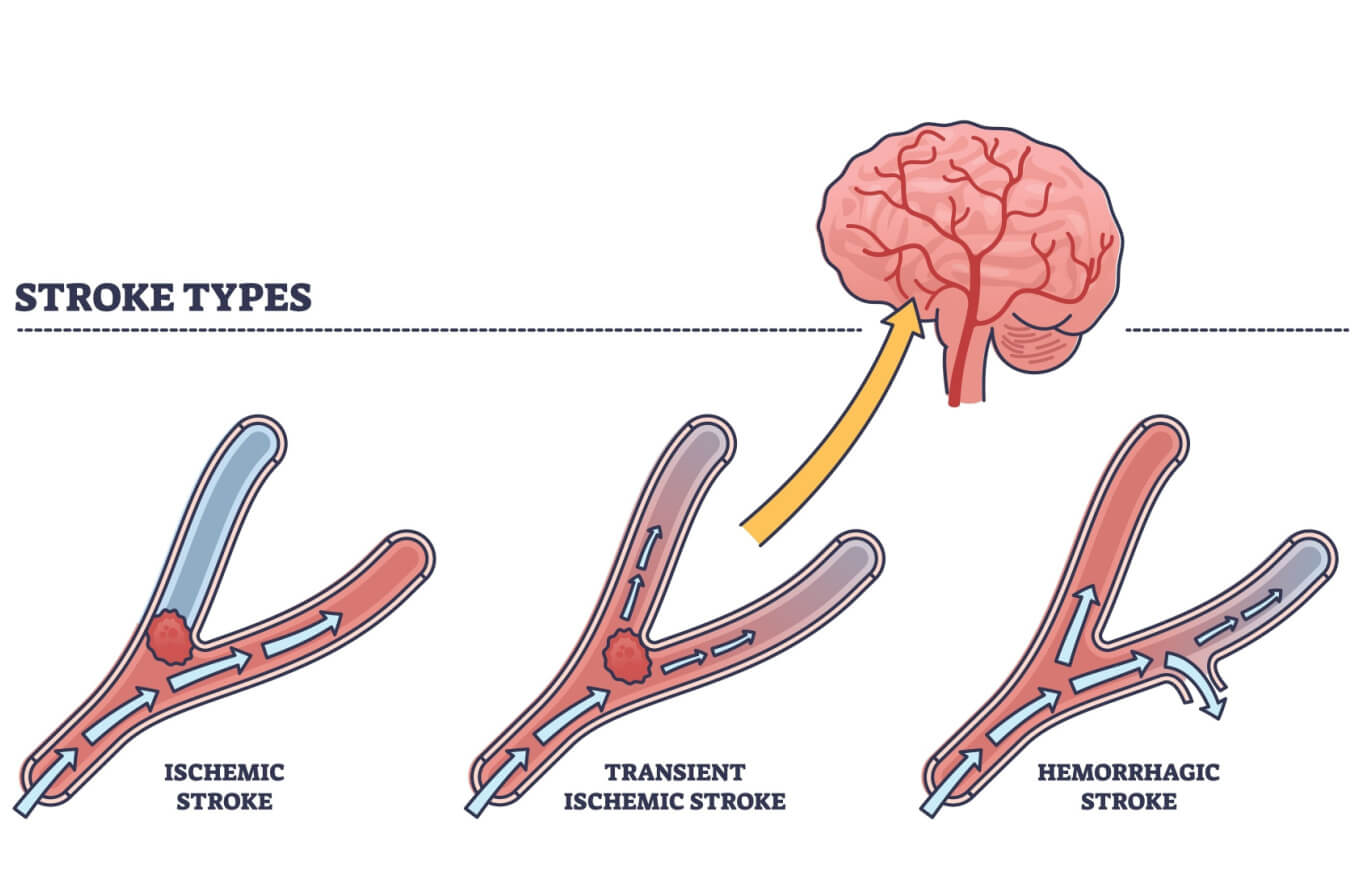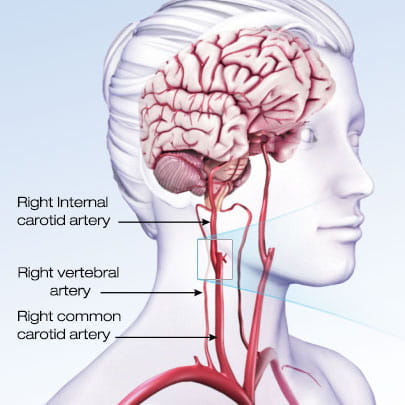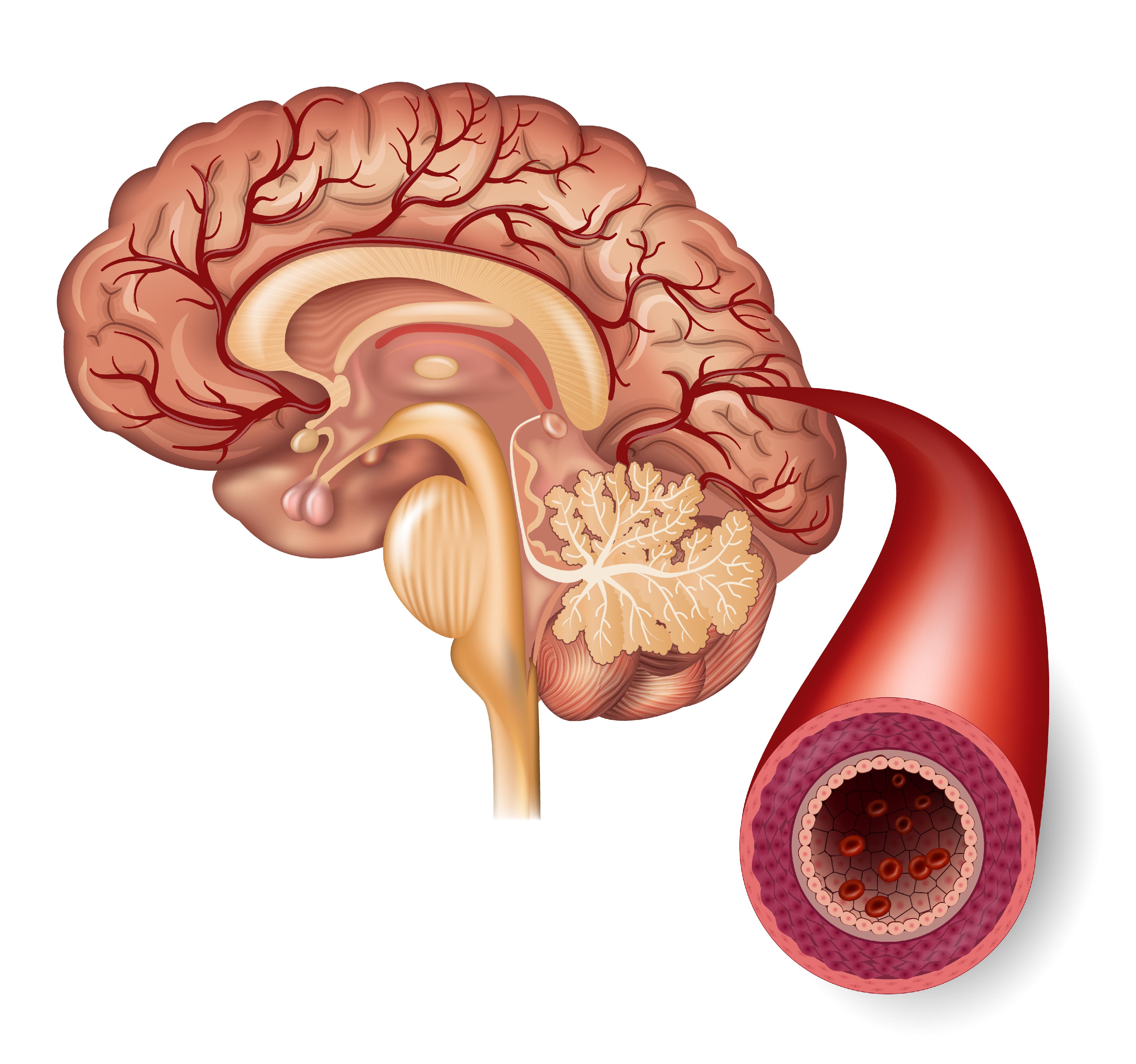Understanding **TIA Rick Ross**: A Look At Health, Awareness, And Recovery
When news surfaced about Rick Ross experiencing a health scare, many people started hearing about something called a TIA. This event, you know, it really brought a specific medical term into everyday conversations, sparking curiosity and, in some ways, concern for the well-being of the famous rapper. It's a moment that, you might say, highlighted how important it is to pay attention to our bodies and what they tell us.
For many, the mention of **tia rick ross** was their first encounter with the idea of a Transient Ischemic Attack. It's a short period of symptoms, actually, quite similar to those of a stroke. This happens because of a brief stop in blood flow to the brain, and it usually only lasts for a few minutes. It's something that can feel very alarming, and for good reason, too it's almost a warning sign.
This kind of event, like the one Rick Ross went through, often makes us think about our own health and what we can do to stay well. It prompts questions about what a TIA truly is, what it means for someone's future, and how people manage living with such a condition. We'll explore these things, and more, right here, so you can get a clearer picture of it all.
Table of Contents
- Rick Ross: A Brief Biography
- What Exactly Is a TIA?
- Living Well After a TIA
- Frequently Asked Questions About TIA and Rick Ross
- Staying Informed and Taking Action
Rick Ross: A Brief Biography
William Leonard Roberts II, known to the world as Rick Ross, is a very prominent figure in the music industry. He's a rapper, a record label executive, and, quite frankly, a business person who has built a significant presence. His journey in music began with releases that quickly gained popularity, leading to a successful career that spans many years. He's often recognized for his deep voice and his distinctive lyrical style, which has resonated with many fans globally.
Over time, Rick Ross has released numerous albums and singles that have topped charts and earned him widespread recognition. He founded his own record label, Maybach Music Group, which has signed and developed other successful artists. His influence goes beyond just making music; he's also involved in various other ventures, showing a keen business sense. His story is one of big achievements and a strong impact on popular culture, you know.
His health, like anyone's, has sometimes been a topic of public interest, especially after certain events. These moments often remind us that even people in the public eye face personal health challenges. It's a reminder, too it's almost, that health is something we all need to look after, regardless of who we are or what we do.
Personal Details and Bio Data
| Detail | Information |
|---|---|
| Full Name | William Leonard Roberts II |
| Known As | Rick Ross |
| Occupation | Rapper, Record Executive |
| Birth Year | 1976 |
| Nationality | American |
| Notable Labels | Maybach Music Group |
What Exactly Is a TIA?
A Transient Ischemic Attack, often shortened to TIA, is something that sounds a bit complex, but it's really a very short period where someone has symptoms that look like a stroke. The key difference, you see, is that these symptoms don't last long, typically just a few minutes, and they don't cause lasting harm to the brain. It's caused by a brief stop in blood flow to the brain, which means a part of the brain doesn't get enough oxygen for a short while.
Think of it like a temporary hiccup in the brain's blood supply. The body, in a way, manages to clear the blockage quickly, so the blood flow starts again before any real damage is done. However, this doesn't mean it's something to ignore. Actually, it's quite the opposite. A TIA is often considered a very important warning sign, a signal that something might be amiss with the body's circulation.
Because the symptoms of a TIA and a full stroke are the same, it's absolutely vital to get medical help right away if you or someone you know experiences any of these signs. You can't tell the difference just by looking, so quick action is really important. This immediate response is what could, in some respects, make a huge difference in preventing a more serious event later on.
Recognizing the Signs of a TIA
The symptoms of a TIA can appear suddenly and might include a few different things. For example, a person might experience sudden weakness or numbness on one side of their body, perhaps in an arm or a leg, or even on one side of their face. There might also be trouble speaking clearly, or difficulty understanding what others are saying, which can be very unsettling.
Another sign could be sudden problems with vision in one or both eyes, or a sudden, severe headache with no known cause. Some people might also feel dizzy or lose their balance and coordination all of a sudden. These signs, you know, they appear quickly and then, just as quickly, they might go away. But even if they disappear, the event itself is still a big deal.
Because these symptoms are so similar to a stroke, it's why medical professionals always stress that you should seek medical attention right away. Even if the symptoms resolve themselves, it's not a sign that everything is fine. It's a sign that you need to be checked out immediately, so doctors can figure out what happened and why.
Why a TIA Is a Serious Warning
A TIA, though short-lived and without lasting harm, is a very strong warning. It's like a signal from your body, telling you that there's a problem with blood flow to your brain. This problem, you see, could lead to a full stroke in the future if it's not addressed. Apparently, about one in three people who have a TIA will eventually have a stroke at some point.
This statistic alone shows just how serious a TIA can be, even though it doesn't cause immediate, permanent damage. It means that the underlying issues that caused the TIA are still there, and they could cause a more significant blockage or event later. So, it's not just a momentary inconvenience; it's a call to action for health care.
Getting immediate medical help after a TIA allows doctors to perform tests, like magnetic resonance imaging (MRI), to find out what caused the brief blockage. Finding the cause is really important because it helps medical teams figure out the best ways to prevent a future, possibly more damaging, stroke. It's all about prevention and protecting your brain, basically.
Living Well After a TIA
Living with a TIA diagnosis can feel a bit overwhelming at first, but many people go on to live very full lives by making certain changes and staying on top of their health. It often means working closely with doctors to understand the cause of the TIA and to put a plan in place to reduce future risks. This plan might involve changes to daily habits, or taking certain medications.
It's a process of learning about your body and what it needs. Sometimes, it involves adjustments to diet, more physical activity, or managing conditions like high blood pressure or high cholesterol. The goal is always to keep the blood vessels healthy and ensure good blood flow to the brain. It's a continuous effort, but one that is very much worth it.
For some, the experience of a TIA can also bring about a renewed focus on overall well-being and a deeper appreciation for health. It's a moment that, you know, makes you pause and consider what truly matters.
Connecting with Others for Support
One of the most helpful things for people living with a TIA, or recovering from a stroke, is connecting with others who understand what they're going through. Communities like Mayo Clinic Connect offer a place where people can find support and get answers to their questions from others who have similar experiences. It's a really good way to feel less alone.
Being able to share stories, ask about challenges, and even celebrate small victories with people who truly get it can make a big difference. These patient communities are, in a way, a source of comfort and practical advice. They provide a space where you can talk openly about your concerns and learn from the journeys of others. It’s a very valuable resource, as a matter of fact.
Whether it's about managing daily life, dealing with emotions, or understanding medical information, having a network of support can be incredibly empowering. It helps people feel more in control of their health journey and less isolated by their condition.
Medical Approaches and Tests
When someone experiences a TIA, medical professionals will usually recommend a series of tests to figure out the cause. These tests are important for guiding future treatment and preventing a stroke. For example, you may have tests such as magnetic resonance imaging (MRI) of the brain. This helps doctors see if there are any areas of the brain that were affected, even briefly.
Other tests might look at the blood vessels that deliver blood to the brain. If the cause of the TIA is a narrowing of the blood vessels in the head, doctors might suggest specific treatments. If there's a serious blockage in a large artery, medical staff might prescribe medications like aspirin or clopidogrel. Sometimes, they might also give a medication called cilostazol alongside these, particularly if the problem is with blood flow.
Another approach medical personnel might use involves procedures to open up narrowed arteries, if that's the cause. These steps are all about making sure blood flows freely to the brain and reducing the chance of another event. It's a pretty thorough process, you know, aimed at keeping you safe and healthy.
Understanding Carotid Artery Disease
One common cause of TIAs is something called carotid artery disease. This happens when fatty deposits, which we call plaques, build up and clog the blood vessels that carry blood to the brain and head. These important blood vessels are known as the carotid arteries. When these arteries become narrowed or blocked, it can reduce blood flow to the brain, leading to a TIA or a stroke.
The plaques are made of cholesterol, fat, and other substances, and they can harden and narrow the arteries over time. Sometimes, a piece of this plaque can break off and travel to the brain, causing a temporary blockage, which is what a TIA is. Or, a complete blockage can happen, leading to a stroke. So, managing carotid artery disease is a very important part of preventing future events.
Doctors might recommend lifestyle changes, medications, or even procedures to clear these arteries if the blockage is significant. It's all part of a plan to keep these vital pathways open and working well. Learning about this condition, you know, can really help people understand the bigger picture of what caused their TIA.
Frequently Asked Questions About TIA and Rick Ross
Here are some common questions people often ask about TIAs, especially when considering the experience of someone like Rick Ross.
What is the difference between a mini-stroke and a normal stroke?
When people use the term "mini-stroke," they are usually talking about a Transient Ischemic Attack (TIA). The main difference is that a TIA is a short period of stroke-like symptoms that usually lasts only a few minutes and does not cause lasting damage to the brain. A normal stroke, on the other hand, causes brain cells to die because of a prolonged lack of blood flow, which can lead to permanent disability or even be life-threatening. So, a TIA is like a warning, while a full stroke is the actual event with long-term consequences.
How long does a TIA usually last?
A TIA usually lasts only a few minutes. The symptoms can be very brief, sometimes resolving in less than an hour. However, even if the symptoms disappear quickly, it's still a serious medical event that needs immediate attention. The brief nature of the symptoms is what makes it "transient," meaning temporary.
What tests might be done after a TIA?
After a TIA, doctors will typically perform several tests to find out the cause and assess the risk of a future stroke. You may have tests such as magnetic resonance imaging (MRI) of the brain, which gives detailed pictures of brain tissue. Doctors might also use tests like a carotid ultrasound to look at the blood vessels in your neck that supply blood to your brain, or an echocardiogram to check your heart for blood clots. Blood tests are also common to check for conditions that might contribute to a TIA, like high cholesterol or diabetes.
Staying Informed and Taking Action
The experience of **tia rick ross** serves as a very public reminder that health events can happen to anyone, and that knowing about conditions like TIA is really valuable. It's about being aware of the signs, understanding the importance of quick medical attention, and knowing that there are ways to manage and live well after such an event.
Taking steps to understand your own health, and being proactive about it, can make a big difference. This includes regular check-ups, making choices that support a healthy heart and blood vessels, and knowing what to do if you ever see signs that resemble a TIA or stroke. It's about empowering yourself with knowledge.
If you want to learn more about Transient Ischemic Attack and how it impacts people, you can find a lot of good information. For a deeper dive into what a TIA is and how it's managed, you could visit a reputable source like the Mayo Clinic's page on TIA, which has a lot of helpful details. Also, to connect with others and gain support, you can learn more about support groups and communities on our site, and for more specific information on cerebrovascular diseases, link to this page .

TIA (Transient Ischemic Attack): Symptoms Treatment, 58% OFF

Transient Ischemic Attack (TIA) | American Stroke Association

Transient Ischemic Attack | TIA | Mini-stroke| MedlinePlus